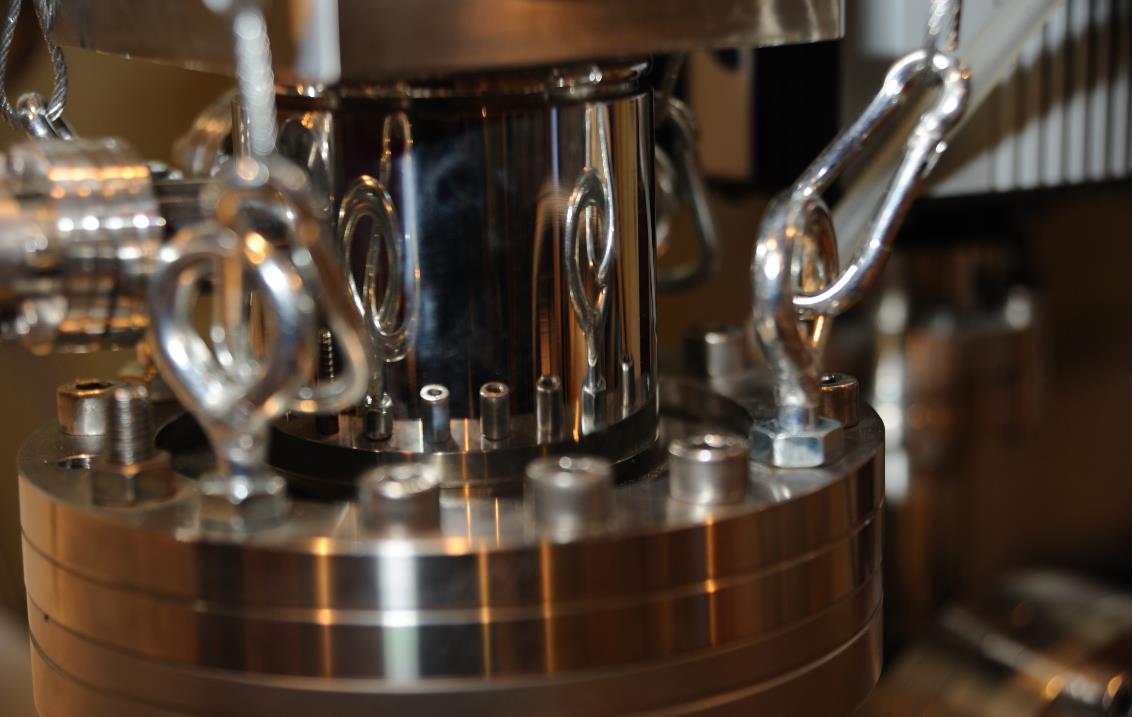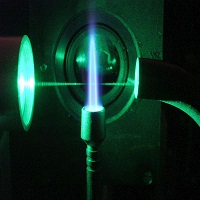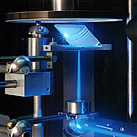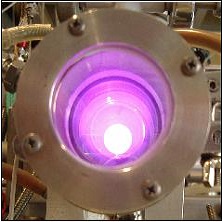
NEWS
Carlos Álvarez Nicolás, PhD student of the Department of Molecular Physiscs of IEM, has received the PREMIO I JORNADA DE INVESTIGADORES NOVELES DEL IEM 2022. Congratulations!
An international team, including the researchers Dr. Guzmán Tejeda and Dr. José M. Fernández from the Department of Molecular Physics, has shown that water can remain liquid at -43 C, the lowest temperature ever recorded. This work is published in Physical Review Letters.



Department of Molecular Physics of the Instituto de Estructura de la Materia (IEM) was founded in 1976; since then we have been studying molecular species in different states, mainly by means of avant-garde spectroscopic techniques. At those early times, the activity of the department was focused on the quantitative analysis of molecular vibrational spectra by means of Raman spectroscopy in the gas phase. Later the research lines were extended with new experimental techniques, like high-resolution infrared spectroscopy (by frequency difference and by Fourier transform), stimulated Raman spectroscopy, laser intracavity absorption, combined with supersonic gas jets, molecular beams, glow discharge plasmas, or molecular “ices”, all along with theoretical treatments for the interpretation of molecular spectra.
Nowadays, the Department of Molecular Physics carries out an important research work, with both experimental and theoretical projects, funded by the Spanish Ministerio de Educación y Ciencia (National Plan of Scientific Research), the European Union, the Comunidad de Madrid (Regional Government), as well as other national and international organizations and bilateral agreements. This work is regularly published in scientific journals of high impact, books and monographs, Doctoral Theses (over 30 since its creation), and by the attendance to national and international conferences. Members of the department have organized several schools and conferences, and teach courses in doctorate university programs.
Last, the Department of Molecular Physics has collaboration agreement (Associated Unit) with the department of Physical Chemistry I of the Complutense University of Madrid.